Editorials
– Etimad newspaper handles Khamenei’s advice to Ahmadinejad against running for the next year’s presidential elections.
– Jehan Sanaat handles Iran’s plans to stop oil exportation at the threshold of the oil-producing countries meeting in Algeria although its demands of a bigger market share.
Iranian News Roundup
– Iran regains the same oil market share before sanctions
– 30% increase in Iran’s liquidity in one year
– Students of three big universities go on protests over tuition fees and bad conditions of dormitories.
– The establishment of an Iranian military base in Italy

Etimad: What prompted the public announcement of Khamenei’s recommendation to Ahmadinejad?
An editorial in today’s Etemad newspaper questions the reason behind the public announcement of Ayatollah Khamenei’s advice to former Iranian President Mahmoud Ahmadinejad not to run in the 2017 presidential election.
As the editorial states, such recommendations from the Supreme Leader are usually given in secret and are only known to the concerned individual and to Khamenei’s inner circle, prompting the editorialist to ask what motivated Khamenei to publicize his decision on this occasion. Khamenei has said that he made the recommendation due to a wish to avoid division and schisms among the electorate which he asserted would be harmful to the country.
The editorial states that sadly, although all the fundamentalist parties had learnt the disadvantages of Ahmadinejad’s policies from bitter experience most were still ready to align themselves with him in defiance of reformists without caring about the higher interests of the state which could be adversely affected by his nomination. So, asks the writer, why has there been such a large amount of propaganda on Ahmadinejad’s behalf and such stubbornness from his followers in recent months?
If the goal of the fundamentalist parties’ pro-Ahmadinejad propaganda was to put pressure on Rouhani and his government, the editorial continues, who has paid the cost of this political campaign and of the public meetings held in regions across Iran by Ahmadinejad over the last few months, as well as meeting his travel expenses?
The editorial suggests that stubbornness is an integral part of Ahmadinejad’s character, adding that he is known for defying all authorities. If it were not for Ahmadinejad’s obduracy, the writer suggests, then Masood Mortazavi would have been unable to attain a government post after being dismissed from the judiciary, while the case of Rahim Mashaei would not have attained the current critical level it has reached and the project proposing financial support for Iran’s manufacturing sector would have been submitted and approved in the usual manner rather than the chaotic implementation which took place before it was cancelled.
The editorial suggests that it was Ahmadinejad’s stubbornness and willful ignorance which led to the high inflation which afflicted Iran and which worsened its diplomatic relations with most of the world’s countries during his presidential term. There is no doubt the editorialist continued, that Ahmadinejad’s personal characteristics have not changed to date, with his knowledge and experience no greater than they were previously.
The editorial fails, however, to provide satisfactory answers to the questions which it poses, focusing on the joy among regime reformists at Ahmadinejad’s exclusion from the presidential race rather than on resolving the question of why Khamenei chose to make his decision public.
What this move does confirm is that a mere recommendation from Khamenei determines who may or may not run in the presidential elections and who will be deprived, rather as if Iran were a farm or baronial estate with Khamenei appointing a manager to oversee his property.
There are also two other possible motives also unmentioned by the editorialist; either there has been a rapprochement between Khamenei and Rouhani, with Ahmadinejad being removed as a result, or Khamenei has another favoured fundamentalist candidate far stronger and more popular than Rouhani who might more easily defeat him in the upcoming election; in the latter case, all eyes in Iran are focused on Quds Force commander Qassem Suleimani.
Another point unmentioned in the editorial is that Khamenei’s move and current events in Iran illustrate the extent to which there is no genuine value in popular participation in the country, with the electoral process being decided by the will of Khamenei, while political uncertainty and lack of transparency continue to dominate Iran’s political life.
Ebtikar newspaper: The policy of eulogists and political eulogists
An editorial in Tuesday’s Ebtekar newspaper focuses on the subject of Iran’s religious eulogists who memorialize major events in Shiite history like the Battle of Karbala, and how these figures have shifted their activities to the political realm in recent years, with their emotional tirades becoming increasingly political in nature.
The editorialist explains that Ayatollah Khamenei visits these figures on an annual basis at their headquarters in the city of Mashhad and holds an open meeting with them, giving them directives on the direction of their sermons which they then deliver to towns and villages across Iran, which promote his political outlook and clarify his position towards his supporters and opponents.
The sermons by these Shiite eulogists began to become increasingly political several years ago, the editorial adds, with thousands of videos available online showing them launching fierce verbal attacks on politicians in which they even used profane and obscene insults.
The editorial warns that although the eulogists’ political sermonizing has become commonplace, the increasing use of abusive and insulting language would have a harmful impact on social culture and dialogue. The fundamentalist bloc is clearly directing this overt politicization of the eulogists’ sermons, the writer added, with Khamenei seeking through his power to direct and manage Iranian public opinion, in addition to controlling Shiite mosques and sermons.
The editorialist concludes that the Supreme Leader’s decision to dispatch so many Shiite eulogists to villages, towns and cities across Iran indicates that they have become a major political arm of the leadership, with their role becoming stronger than that of the educated elite, adding that their effect on government policy will be equal to that of both reformists and moderates.
Jehan sanaat newspaper: Oil production freeze awaits implementation
With the Iranian oil minister currently visiting Algeria to attend a consultative session of OPEC, an editorial in Tuesday’s Jahanesanat newspaper focused on the plan to freeze oil production. The editorial points out that the visit to Algeria comes during a period of growing tension between Saudi Arabia and Iran, the major players in the Middle East and the most influential decision-makers in OPEC.
The editorial suggests that OPEC’s ability to raise the price of oil has become negligible, with the current low price being detrimental to the economies of all oil-exporting countries, both OPEC member nations and non-OPEC members.
On the other hand, the editorialist states, current crises in the Middle East, the wars in both Syria and Yemen, and increasing political tension between Riyadh and Tehran as the biggest regional actors on the political and economic stage are acting as barriers to implementing a proposed oil production freeze which would mean maintaining production levels at their current volume and preventing them from increasing as a first step towards raising oil prices.
Despite its assessment of the situation, the editorial refers positively to the Iranian leadership’s desire to increase its share of exports by increasing production levels, approving Iran’s intention to deliberately mar the meeting in Algeria. Despite talking about seeking agreement, Iran’s determination to increase its share of regional exports will cause further tensions with other regional countries, since it means reducing their quotas.
![]()
♦ Students of three big universities go on protests over tuition fees and bad conditions of dormitories
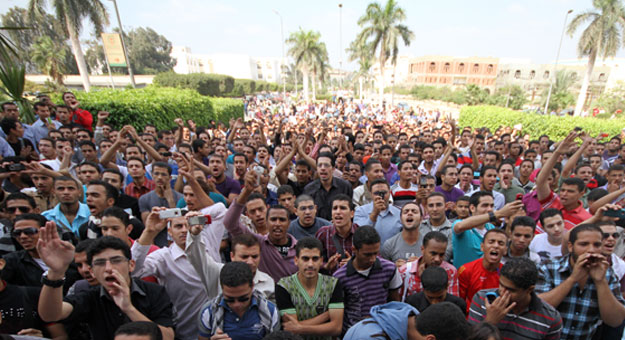
600 students at Sharif University in Tehran went on a a sit-in in front of the university building to protest levying a fine on the students who could not finish their requirements and graduate during the specified period for them. In addition to that, the administration has made a condition to students to pay their tuition fees ahead of the beginning of the new semester.
Amir Kabir University also witnessed protests by a number of students, rejecting levying fines and extra tuition fees. The University has levied these fines although the ministry of higher education and scientific research announced that studying the fifth semester for the master’s degree is tuition-free, the students said.
At Shaheed University, students protested not giving them dorms in the university campus although the many promises of the university administration. The available dorms are far away from the university campus that it takes two hours to get to college, the students said.
Source: Saham News site
♦ Return of world’s major economies to doing business with Iran

The Iranian foreign trade suffered isolation, and lack of trade exchange with major markets and big international companies during the international sanctions imposed on Tehran. After the nuclear deal, Iran has witnessed active trade links with many worlds’ major economies that are now rallying to doing business with Iran, benefiting from reactivating the transportations sector after lifting sanctions, according to Abrar Eghtisadi newspaper
Source: Abrar Eghtisadi Newspaper
♦ Prison sentence for a journalist over rejecting house arrest of the Green Movement leaders
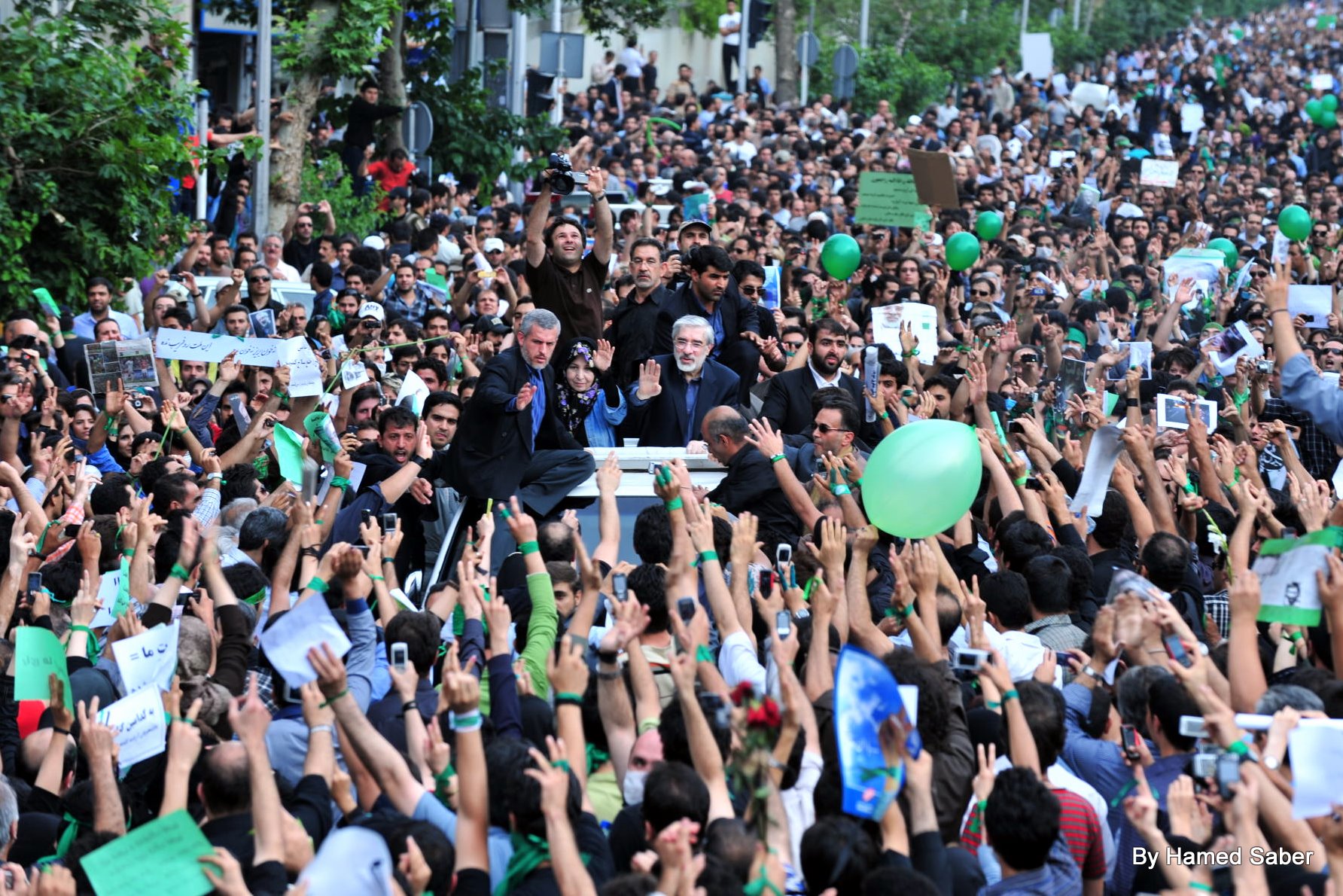
Tehran’s Revolutionary Court has ruled a seven-month imprisonment for the reformist journalist Soroush Farhadian over rejecting house arrest imposed on the Green Movement leaders. The journalist’s attorney said that the court considered his client’s rejection of the house arrest of the green movement leaders in compliance with article 500 of the Iranian penal law as an opposition against the regime. Farhadian informed the court that he used his right of freedom of speech guaranteed by law when he rejected the sentence, the attorney added.
Soroush is the Editor-in-chief of the “Ro Bih Ro” newspaper. Before, he worked in the political sections in many reformist newspapers such as Shargh newspaper, Etimad, Bahar, Iran, and Farda
Source: Saham News Site
♦ Iran frees the Iranian-Canadian academic Homa Hoodfar on humanitarian grounds
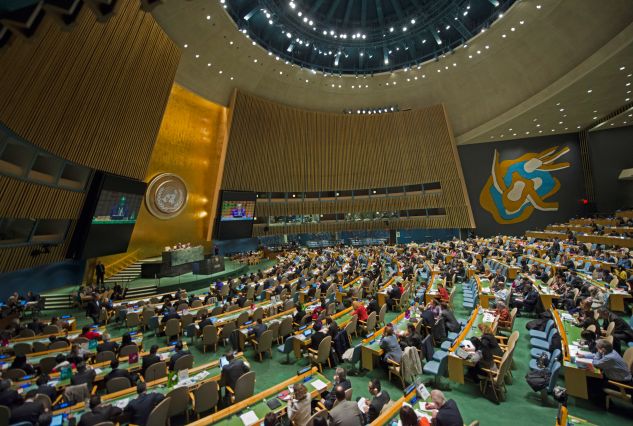
Spokesperson of the Iranian foreign ministry, Bahram Ghasemi announced the release of Homa Hoodfar on humanitarian grounds, adding that Hoodfar was imprisoned in Iran but was released on humanitarian grounds and is heading back to Canada via Oman.
In a confidential session attended by the Canadian Ambassador to the UN and advisor of the Canadian Prime Minister for foreign and defense affairs, an agreement was signed with an Omani mediation between the two countries, leading to Hoodfar’s release on Monday. On the other hand, the Canadian officials concluded that Oman could direct the religious and military trends of the Iranian government due to the strong diplomatic and economic relations between Masqat and Tehran.
Source: Fares Agency
♦ A Zionist news site: the establishment of an Iranian military base in Italy
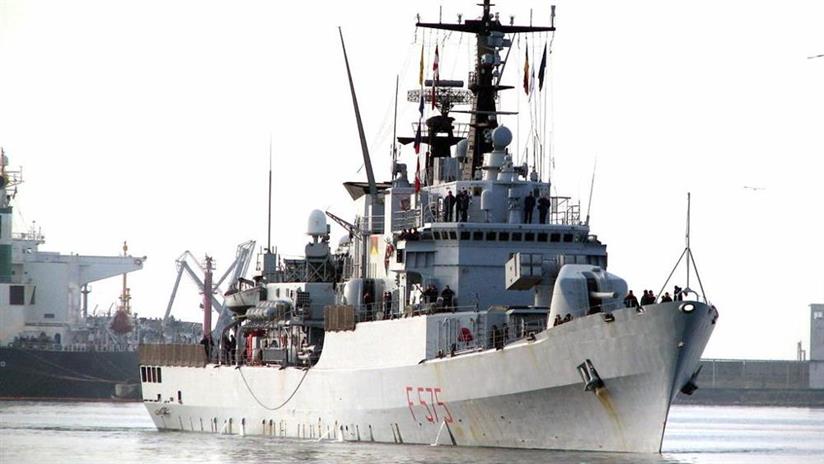
The Israeli Debka site claimed that Iran has signed a new military contract with Italy in compliance with the Iranian strategy for the naval and territorial waters. According to the contract, the Iranian frigates and warships can dock in the Italian ports and conduct exercises with the Italian navy. Based on that, the Pentagon has demanded the Zionist entity to start improving its marine forces and frigates as soon as possible since Iran, Russia, and Egypt are now doing so. Earlier this month, a delegation of the Italian army commanders visited Iran in line with the military interaction between Tehran and Rome. Debka site added that on September 24, the first Italian ship docked at Bandar Abbas port, the Iranian revolutionary guards’ base.
Source: Iran newspaper
♦ 30% increase in Iran’s liquidity in one year
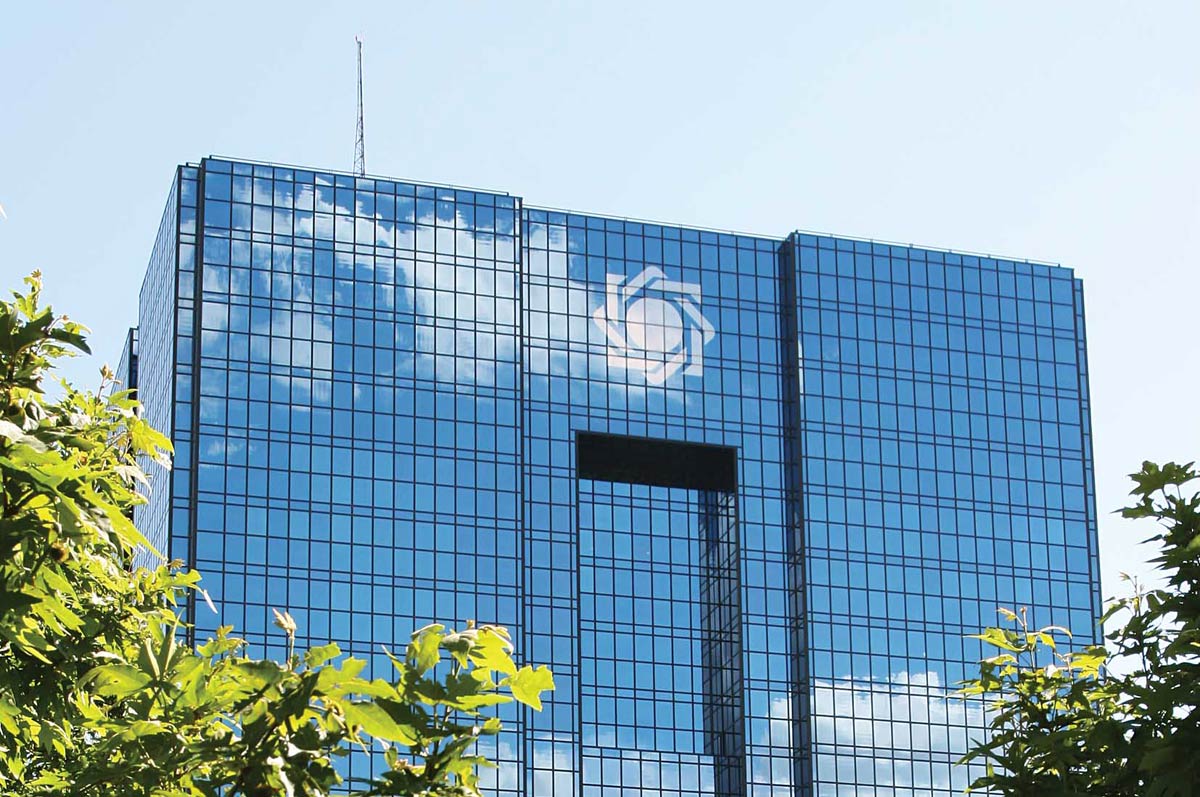
The Iranian Central Bank statistics showed a 30% increase in Iran’s liquidity during the current year compared with the same period of last year. Statistics also revealed that liquidity in Iran amounted to 1,081 thousand and 880 billion Tomans.
Source: Abrar Eghtisadi Newspaper
♦ Attracting foreign investors is a necessity for economic growth

The Iranian MP Mohammed Qassem Osmani said that attracting foreign investors is a necessity for Iran’s economy. The country needs a comprehensive law to attract a number of foreign investors, he said. To achieve 8% growth rate in the sixth development program, Iran has to benefit from foreign investors and make financial sources available, Osmani added.
Source: Tijarat Newspaper
♦ Iran’s oil exports are up to the same level of sanctions
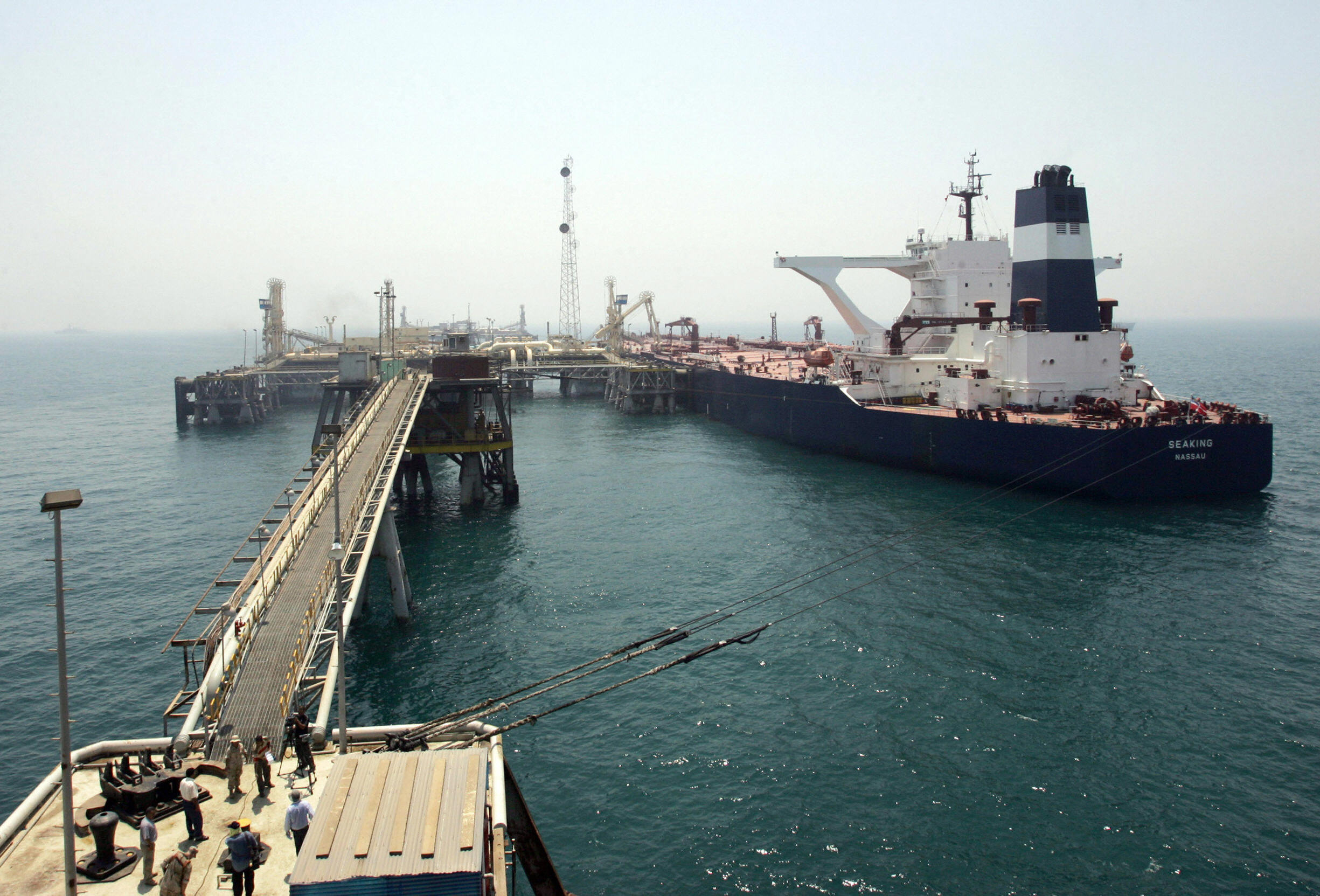
The American energy minister, Ernest Moniz said that the Iranian oil exports have reached the same level before the international sanctions against Iran that amount to four million barrels per day. On the other Hand, Moniz said that the United States has fulfilled its nuclear deal obligations and has done all necessary procedures to lift the sanctions, which is evident in the amounts of Iran’s oil exports.
Source: Mehr Agency
♦ Four energy stations to be built in Iran
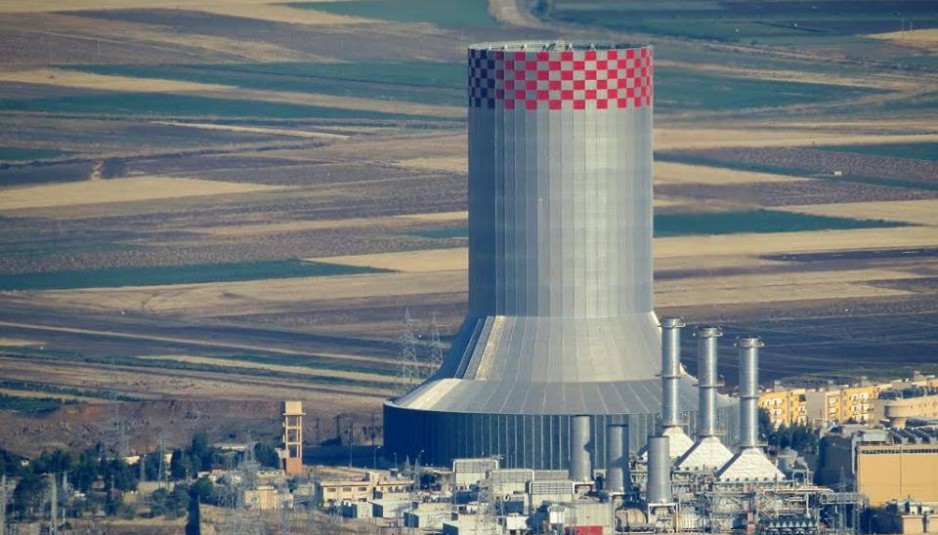
The Iranian ambassador in Moscow Mehdi Sana’i has met Russia’s first deputy prime minister. They discussed the bilateral relations between the two countries and means of cooperation on all levels. In the meeting, they said that trade exchange between both sides has achieved 70% increase, and announced the signing of an agreement to build four energy stations that will be on the agenda to be discussed during the Russian financial minister’s visit to Tehran.
Source: Mehr Agency
